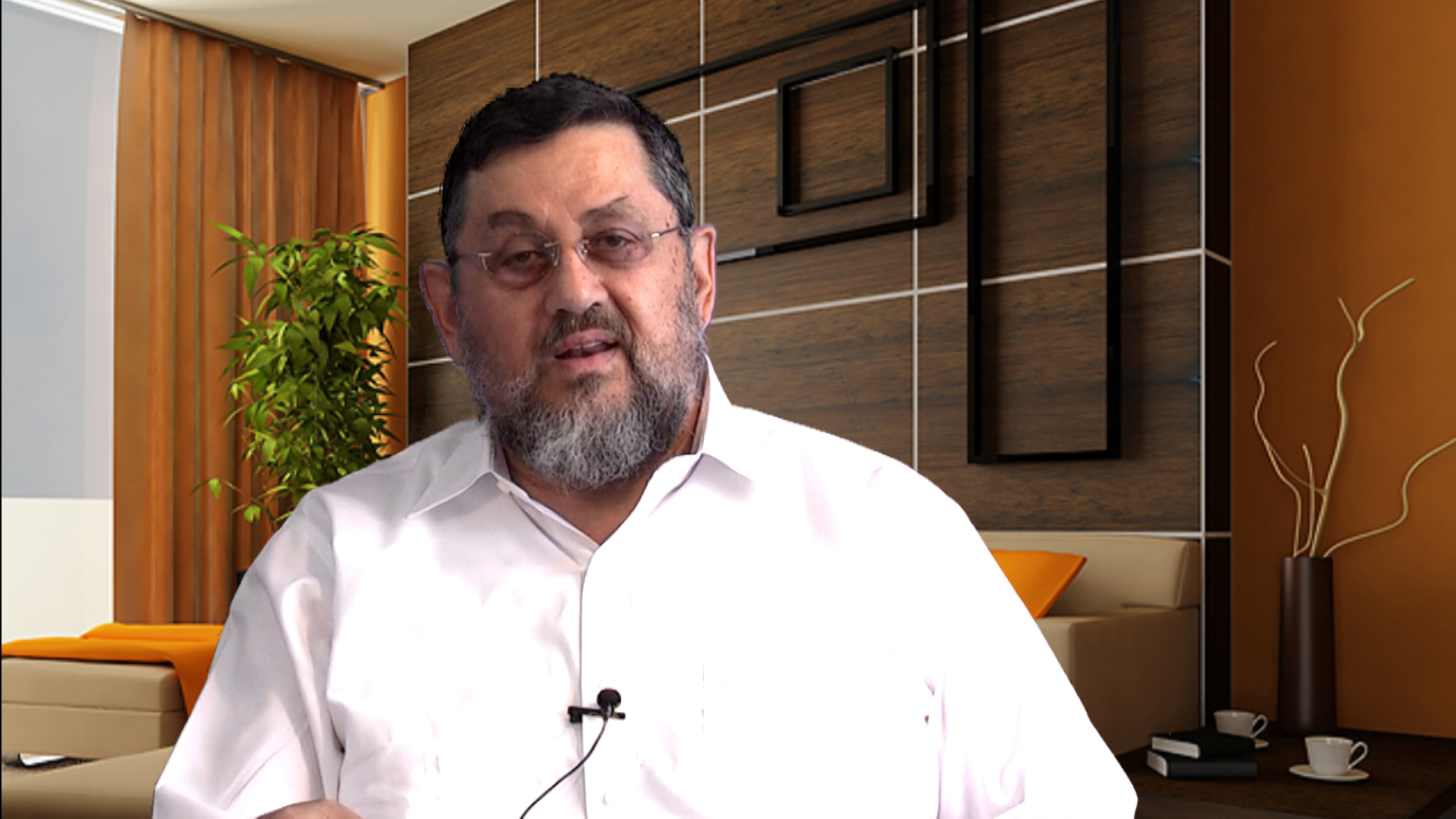46
The problem with anger is not the criticism that it expresses; the problem is the loss of control and the sense of chaos. In the language of our sage, constructive criticism is referred to as "strictness". To strictly adhere is from the root K.P.D., i.e., to cut ("cut off his head"). When someone is strict, that is, "cuts" and precisely defines their criticism, this is control of anger. When someone constantly (!) criticizes and denies reality, belittles the public, calls for civil disobedience and breaking dishes – this is a sign that they have some unsolved problem which they are taking out on the world. Since it is not good for them, they constantly explain – whether they are in power or not – why it is not good in the country.
This morning I read several lines in the writings of Rabbi Kook, sentences that were written around a hundred years ago but seem to accurately describe the past week: "When we see a group or party always speaking its words angrily, we have a sign, that they have no logic, they have no content to fill their own emptiness, and is actually angry with themself, but egoism comes and forces it to impose the venom of its anger on others" (Orot HaKodesh [The Lights of Holiness] 3, 143).
This principle is also true in our personal life.

Ask the Rabbi: Selecting Things to Use Later on Shabbat
Rabbi Daniel Mann | Iyar 5785

Parashat Hashavua: Kedoshim Teh’yu, Goy Kadosh – Are They Related?
Rabbi Yossef Carmel | Iyar 5785

Daf Yomi Shevuot Daf 5
R' Eli Stefansky | 8 Iyar 5785






